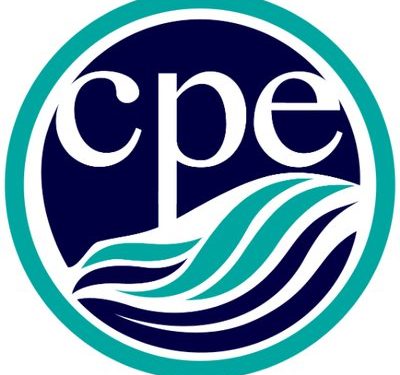Clean Planet Energy says it plans to take plastic waste and convert it into clean burning fuels for aircraft and ships. According to the company, it has two ecoPlants under construction and another 4 in development. Clean Planet Energy’s goal is to convert more than 1 million tons of non-recyclable plastic waste a year into clean burning fuels and other low carbon products.

The Company announced this week that it will manufacture two new ultra-clean fuels to replace fossil fuels for ships. Both fuels are produced using non-recyclable waste plastics as the feedstock, thereby putting wastes that would otherwise go to incinerators, landfills, or the oceans to good use. One is an ultra-clean marine residual fuel (also known as bunker fuel or fuel oil) that meets the ISO 8712 2017 standard.
The other is a premium marine distillate fuel which matches the highest EN15940 diesel specification, according to Hydrocarbon Engineering. In addition to the 75% CO2e reduction, a significant benefit of these new fuels is the notable decrease in NOx and SOx emissions — some of the most common air-pollutants from the burning of fossil fuels.
“Air-pollutants such as sulfur are measured by ppm (parts per million). Under the International Maritime Organisation 2020 regulations implemented last year, a ship with a scrubber installed onboard is allowed to emit 35,000 ppm of sulfur into the sea when burning fossil marine fuel oil, whilst a ship without a scrubber is allowed to emit 5000 ppm of sulfur into the air,” says Clean Planet Energy’s CTO, Dr Andrew Odjo. “In contrast, Clean Planet Energy’s Marine Residual Fuel has a sulfur content of just 35 ppm, and Clean Planet Energy’s Marine Distillate has a sulfur content of just 3 ppm. This means that ships using Clean Planet Ocean’s marine distillate fuel can reduce sulfur pollution by over 1,500 times compared to ships using fossil fuel without a scrubber, and by more than 10,000 times compared to ships with a scrubber.”
Dr. Odjo adds, “There is currently no legitimate and scaled alternative compared to using carbon based fuels in the marine and aviation sector. Whereas cars are moving to electric, the lifespan of large vessels means we’ll be stuck using fossil fuel engines for many years to come. By using non-recyclable waste plastics as a feedstock for fuels in these industries, we can reduce the daily CO2e emissions by 75%, keep fossil-oil in the ground, and win valuable time in the world’s battle to hit net-zero carbon emissions.”
Despite the efforts of some marine cargo companies such as Maersk, there are thousands of highly polluting cargo vessels plying the world’s oceans today. According to Clean Planet Energy, “A cargo ship can use 175,000+ litres of dirty fossil fuel tomorrow. It can release the same SOx pollutants as 300 million cars. That’s a single ship, in a single day.”
Source: CleanTechnica















